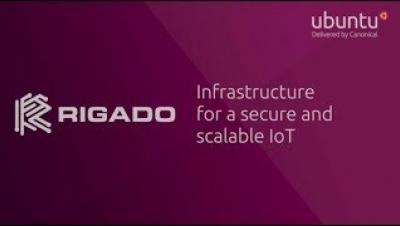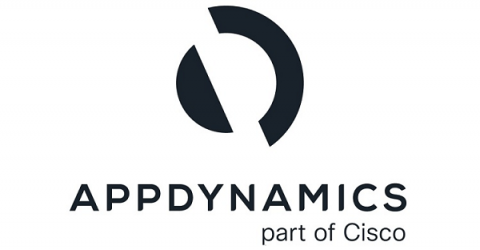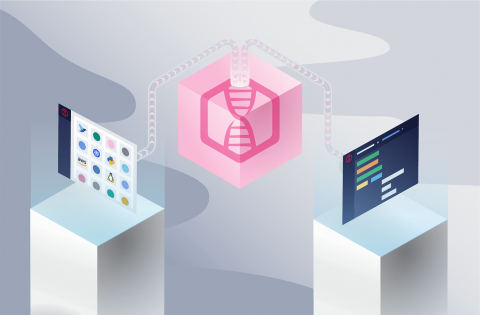Operations | Monitoring | ITSM | DevOps | Cloud
%term
Rigado - Reducing IoT time to market with Ubuntu Core & Snaps
Rigado - Infrastructure for a secure and scale-able IoT
PHP Error Log Basics
When developing PHP applications, error logs tend to be underutilized due to their apparent complexity. The reality is that PHP error logs are extremely helpful, especially when configured and used properly. While there are advanced tricks to truly squeeze every last drop of utility out of error logs, this article will cover the basics of configuration and the most common use cases so you can get up and running quickly.
Think 2019: Embracing the Cognitive Enterprise
AppDynamics and Cisco just wrapped up the second inaugural IBM Think event in rainy San Francisco. Two of the conference's major themes were “The Cognitive Enterprise” and “Everything is Changing.” Given the breakneck pace of market innovation and velocity, these themes were spot on.
Single Sign-On for Kubernetes: An Introduction
One of the great things about Kubernetes is that it completely separates authentication and authorization. Authentication (Authn) meaning the act of identifying who the user is and authorization (Authz) meaning the act of working out if they’re allowed to perform some action. This can be thought of in terms of a Passport and a Visa.
Hyperconvergence and Monitoring
Hyperconvergence, hyperconvergent platforms, hyperconvergent modules, are relatively new terms in the world of data centers. In addition, each technology that emerges or evolves and succeeds in penetrating the market represents new challenges for monitoring platforms. Thus, hyperconvergence is another in the list, which includes elements such as the cloud, software-defined networks, edge computing, DevOps, Agile, and so many others.
Four Reasons Why Service-Centric AIOps Is A Better Bet Than Your Average AIOps Point Tool
By 2022, Gartner predicts that 40% of large enterprises will adopt AIOps solutions to cope with never-ending alert floods and ensure faster recovery from disruptive IT outages. The AIOps market is experiencing rapid growth with explosive enterprise adoption, accelerated revenue growth and continued investments from IT operations players.
How to Troubleshoot Ruby Applications
Troubleshooting is a critical skill for developers and DevOps. As our software grows more sophisticated, our problems do too. The cloud adds a new layer of complexity since we need to know how to find a problem that doesn’t occur locally, but has cropped up on a remote system.
Bring Structure to Your Logs with Custom Parsing on LogDNA
Picture a perfect world where all logs shared the same layout, format, and structure. Every application, programming language, and logging framework created logs that were verbose, yet easily parsable. Of course, we don’t live in this ideal world, and so we’re stuck with dozens or even hundreds of various log formats. While LogDNA supports a large number of common log formats, there are formats out there that our automatic parsing engine won’t recognize.











